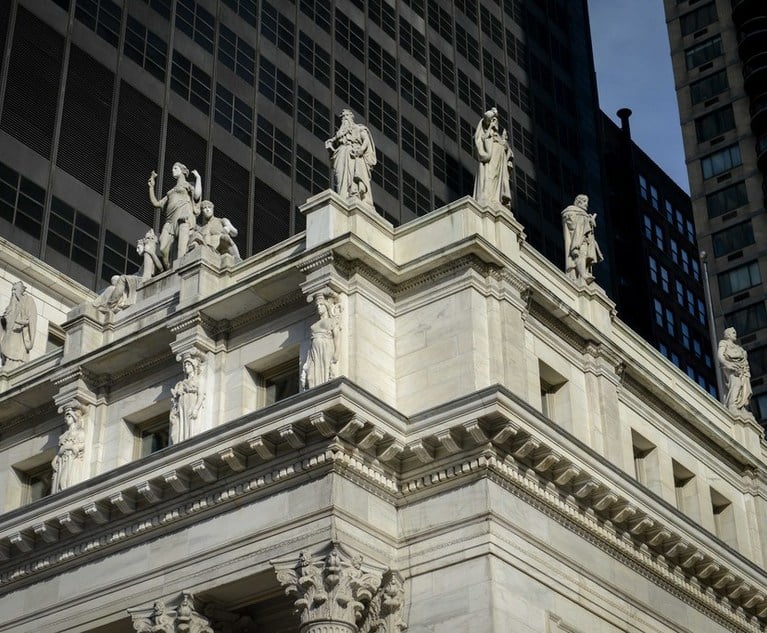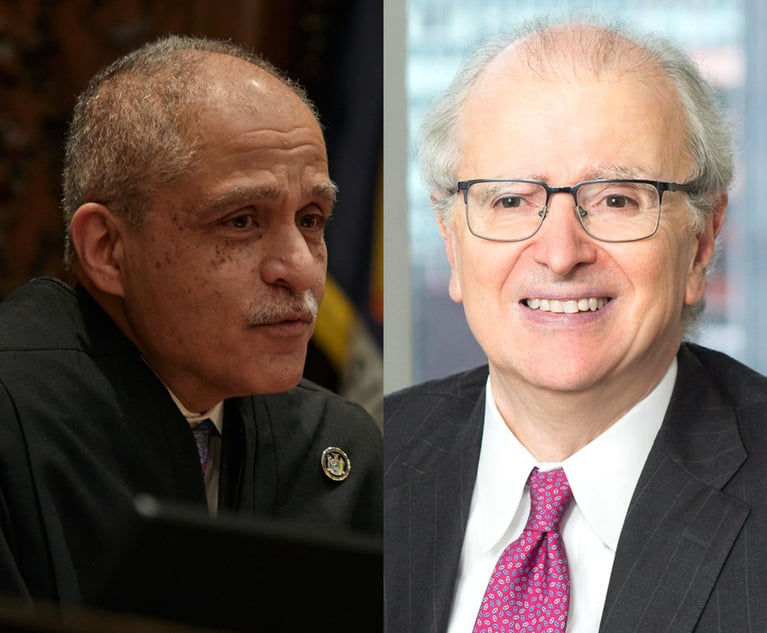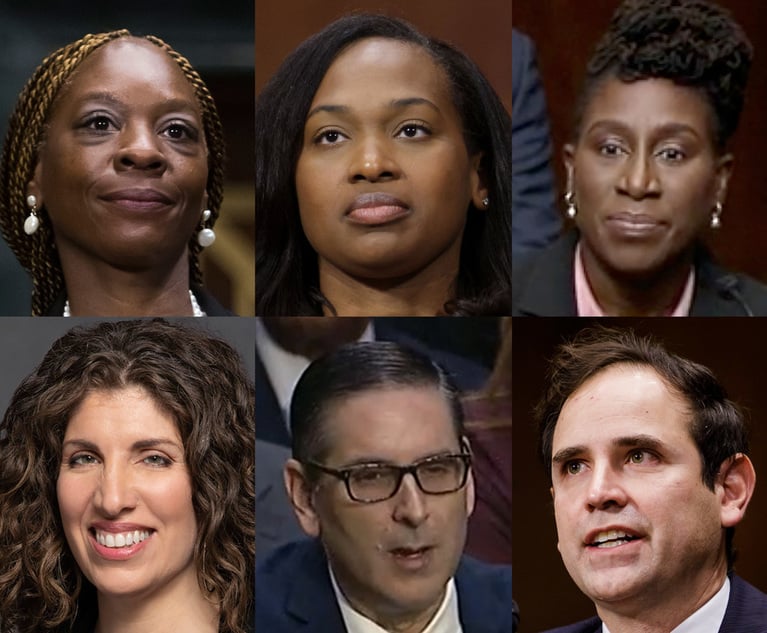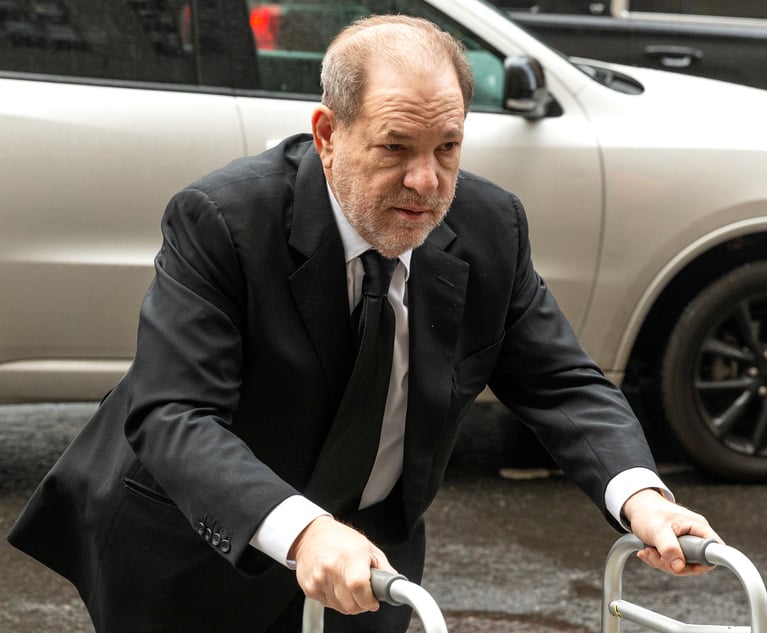In light of the recent debate about the efficacy of appeal waivers in the context of plea negotiations, I take the opportunity to address how the Appellate Division, First Department handles appeals, where the defendant purportedly waived his or her right to appeal as part of a guilty plea and argues only that the sentence is excessive. Although appeal waivers have been upheld since 1989 (People v Seaberg, 74 NY2d 1 [1989]), recent comments by practitioners regarding the fairness and enforceability of these waivers has brought the issue to the fore (see, e.g., David Loftis, Appeal Waivers Are Not Truly Voluntary, NY Law Journal, Nov. 15, 2018, citing Prof. Nancy Gertner, Having the Right to Appeal is an Issue of Fairness, New York Times, February 4, 2016); Larry Cunningham, In Defense of Appeal Waivers, NY Law Journal, Nov. 26, 2018. The Second Department’s recent decision in People v Anardo Batista (___AD3d ___, 2018 NY Slip Op 07445 [2d Dept 2018])—where it specifically addressed, among other things, the appellate delay created by trial courts’ “perfunctory appeal waiver colloqu[ies]” (id. at p. 8)—has also raised the question of what appellate courts should do when faced with a deluge of waiver cases.
The First Department has had a different experience with this issue. Indeed, even though we take the appeal waiver issue seriously, we have streamlined our approach and do not experience the delays that our colleagues in the Second Department deal with


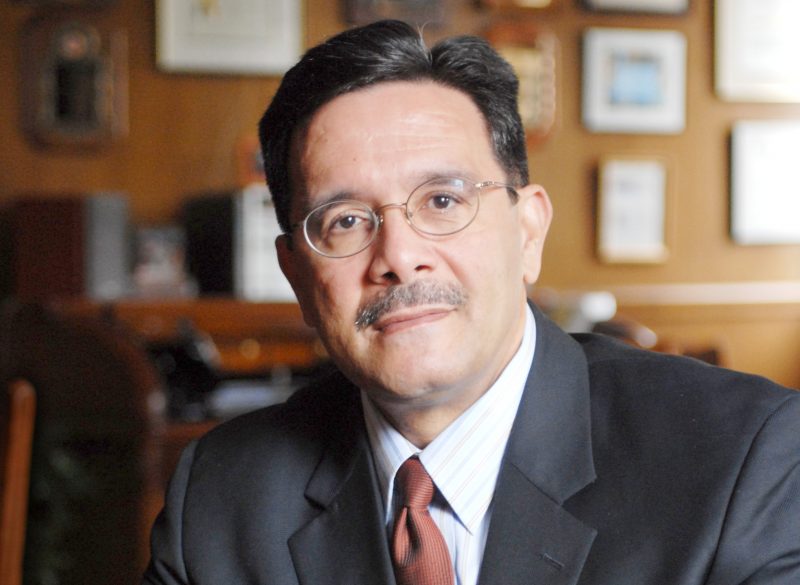 Justice Rolando Acosta, Photo: Rick Kopstein
Justice Rolando Acosta, Photo: Rick Kopstein
